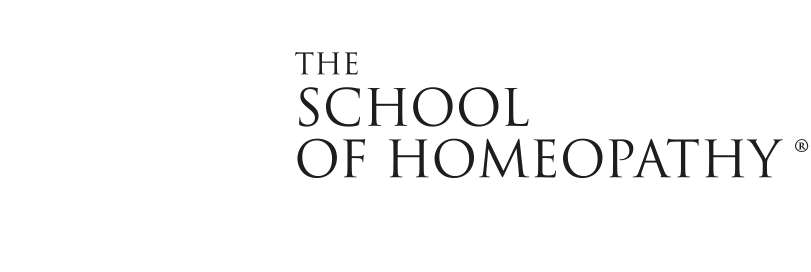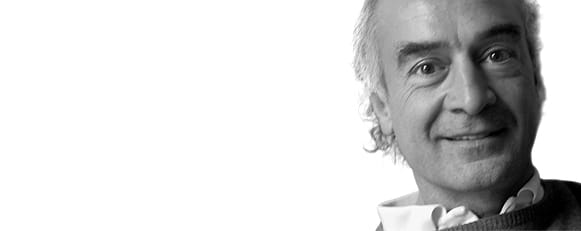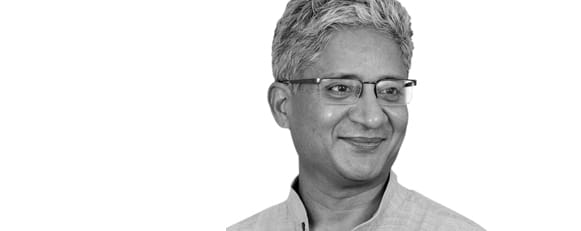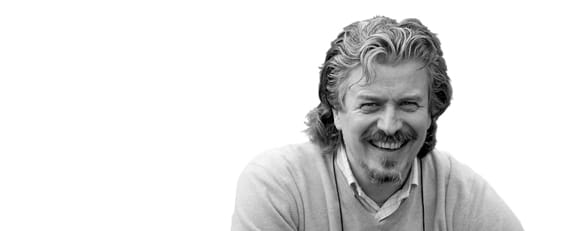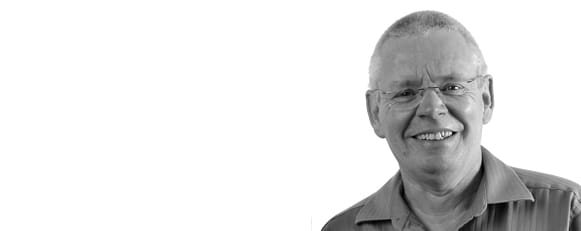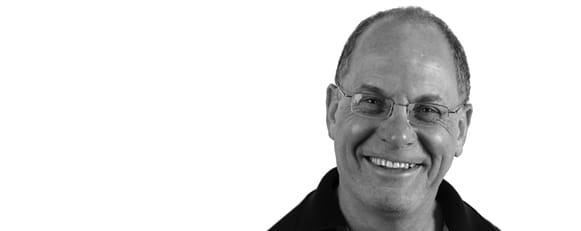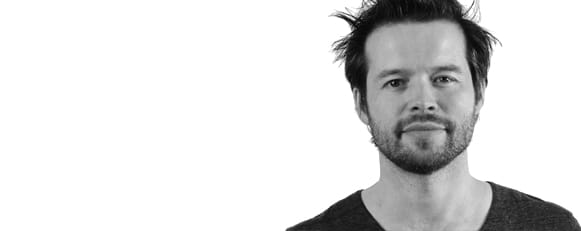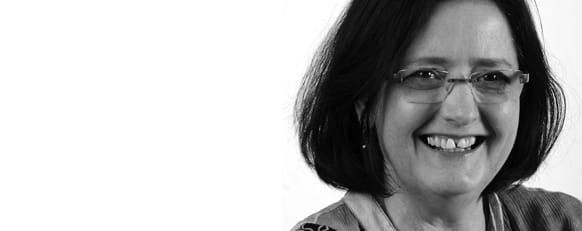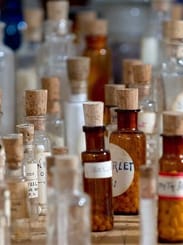
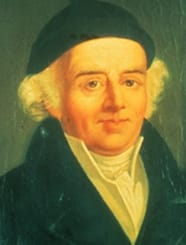
Aphorism 111-120
§ 111
The agreement of my observations on the pure effects of medicines with these older ones – although they were recorded without reference to any therapeutic object, – and the very concordance of these accounts with others of the same kind by different authors must easily convince us that medicinal substances act in the morbid changes they produce in the healthy human body according to fixed, eternal laws of nature, and by virtue of these are enabled to produce certain, reliable disease symptoms each according to its own peculiar character.
§ 112
In those older prescriptions of the often dangerous effects of medicines ingested in excessively large doses we notice certain states that were produced, not at the commencement, but towards the termination of these sad events, and which were of an exactly opposite nature to those that first appeared. These symptoms, the very reverse of the primary action (§ 63) or proper action of the medicines on the vital force are the reaction of the vital force of the organism, its secondary action (§§ 62-67), of which, however, there is seldom or hardly ever the least trace from experiments with moderate doses on healthy bodies, and from small doses none whatever. In the homoeopathic curative operation the living organism reacts from these only so much as is requisite to raise the health again to the normal healthy state (§ 67).
§ 113
The only exceptions to this are the narcotic medicines. As they, in their primary action, take away sometimes the sensibility and sensation, sometimes the irritability, it frequently happens that in their secondary action , even from moderate experimental doses on healthy bodies, an increased sensibility (and a greater irritability) is observable.
§ 114
With the exception of these narcotic substances, in experiments with moderate doses of medicine on healthy bodies, we observe only their primary action, i.e., those symptoms wherewith the medicine deranges the health of the human being and develops in him a morbid state of longer or shorter duration.
§ 115
Among these symptoms, there occur in the case of some medicines not a few which are partially, or under certain conditions, directly opposite to other symptoms that have previously or subsequently appeared, but which are not therefore to be regarded as actual secondary action or the mere reaction of the vital force, but which only represent the alternating state of the various paroxysms of the primary action; they are termed alternating actions.
§ 116
Some symptoms are produced by the medicines more frequently – that is to say, in many individuals, others more rarely or in few persons, some only in very few healthy bodies.
§ 117
To the latter category belong the so-called idiosyncrasies, by which are meant peculiar corporeal constitutions which, although otherwise healthy, possess a disposition to be brought into a more or less morbid state by certain things which seem to produce no impression and no change in many other individuals.1 But this inability to make an impression on every one is only apparent. For as two things are required for the production of these as well as all other morbid alterations in the health of man – to wit., the inherent power of the influencing substance, and the capability of the vital force that animates the organism to be influenced by it – the obvious derangements of health in the so-called idiosyncrasies cannot be laid to the account of these peculiar constitutions alone, but they must also be ascribed to these things that produce them, in which must lie the power of making the same impressions on all human bodies, yet in such a manner that but a small number of healthy constitutions have a tendency to allow themselves to be brought into such an obvious morbid condition by them. That these agents do actually make this impression on every healthy body is shown by this, that when employed as remedies they render effectual homoeopathic service2 to all sick persons for morbid symptoms similar to those they seem to be only capable of producing in so-called idiosyncratic individuals.
1 Some few persons are apt to faint from the smell of roses and to fall into many other morbid, and sometimes dangerous states from partaking of mussels, crabs or the roe of the barbel, from touching the leaves of some kinds of sumach, etc.
2 Thus the Princess Maria Porphyroghnita restored her brother, the Emperor Alexius, who suffered from faintings, by sprinkling him with rose water in the presence of his aunt Eudoxia (Hist. byz. Alexias, lib. xv, p. 503, ed. Posser); and Horstius (Oper., iii, p.59) saw great benefit from rose vinegar in cases of syncope.
§ 118
Every medicine exhibits peculiar actions on the human frame, which are not produced in exactly the same manner by any other medicinal substance of a different kind.1
1 This fact was also perceived by the estimable A. v. Haller, who says (Preface to his Hist. stirp. helv.): “Latet immensa virium diversitas in iis ipsis plantis, quarum facies externas dudum novimus, animas quasi et quodcunque caelestius habent, nondum perspeximus.”
§ 119
As certainly as every species of plant differs in its external form, mode of life and growth, in its taste and smell from every other species and genus of plant, as certainly as every mineral and salt differs from all others, in its external as well as its internal physical and chemical properties (which alone should have sufficed to prevent any confounding of one with another), so certainly do they all differ and diverge among themselves in their pathogenetic – consequently also in their therapeutic – effects.1 Each of these substances produces alterations in the health of human beings in a peculiar, different, yet determinate manner, so as to preclude the possibility of confounding one with another.2
1 Anyone who has a thorough knowledge of, and can appreciate the remarkable difference of, effects on the health of man of every single substance from those of every other, will readily perceive that among them there can be, in a medical point of view, no equivalent remedies whatever, no surrogates. Only those who do not know the pure, positive effects of the different medicines can be so foolish as to try to persuade us that one can serve in the stead of the other, and can in the same disease prove just as serviceable as the other. Thus do ignorant children confound the most essential different things, because they scarcely know their external appearances, far less their real value, their true importance and their very dissimilar inherent properties.
2 If this be pure truth, as it undoubtedly is, then no physician who would not be regarded as devoid of reason, and who would not act contrary to the dictates of his conscience, the sole arbiter of real worth, can employ in the treatment of diseases any medicinal substance but one with whose real significance he is thoroughly and perfectly conversant, i.e., whose positive action on the health of healthy individuals he has so accurately tested that he knows for certain that it is capable of producing a very similar morbid state, more similar than any other medicine with which he is perfectly acquainted, to that presented by the case of disease he intends to cure by means of it; for, as has been shown above, neither man, nor mighty Nature herself, can effect a perfect, rapid and permanent cure otherwise than with a homoeopathic remedy. Henceforth no true physician can abstain from making such experiment, in order to obtain this most necessary and only knowledge of the medicines that are essential to cure, this knowledge which has hitherto been neglected by the physicians in all ages. In all former ages – posterity will scarcely believe it – physicians have hitherto contented themselves with blindly prescribing for diseases medicines whose value was unknown, and which had never been tested relative to their highly important, very various, pure dynamic action on the health of man; and, moreover, they mingled several of these unknown medicines that differed so vastly among each other in one formula, and left it to chance to determine what effects should thereby be produced on the patient. This is just as if a madman should force his way into the workshop of an artisan, seize upon handfuls of very different tools, with the uses of all of which he is quite unacquainted, in order, as he imagines, to work at the objects of art he sees around him. I need hardly remark that these would be destroyed, I may say utterly ruined, by his senseless operations.
§ 120
Therefore medicines, on which depend man’s life and death, disease and health, must be thoroughly and most carefully distinguished from one another, and for this purpose tested by careful, pure experiments on the healthy body for the purpose of ascertaining their powers and real effects, in order to obtain an accurate knowledge of them, and to enable us to avoid any mistake in their employment in diseases, for it is only by correct selection of them that the greatest of all earthly blessings, the health of the body and of the mind, can be rapidly and permanently restored.
I have now, after eighteen months of work, finished the sixth edition of my Organon, the most nearly perfect of all.
Samuel Hahnemann
